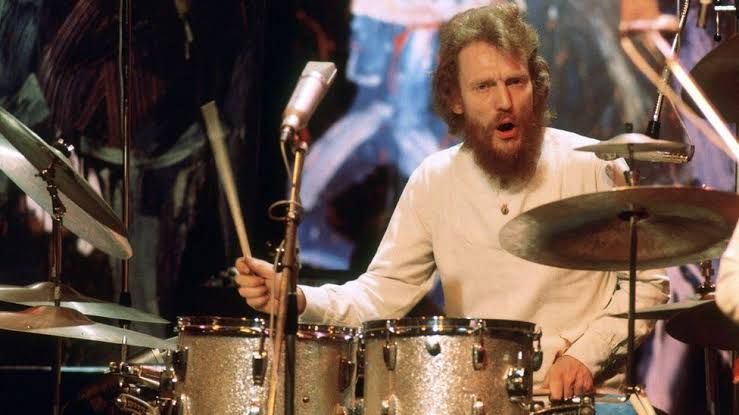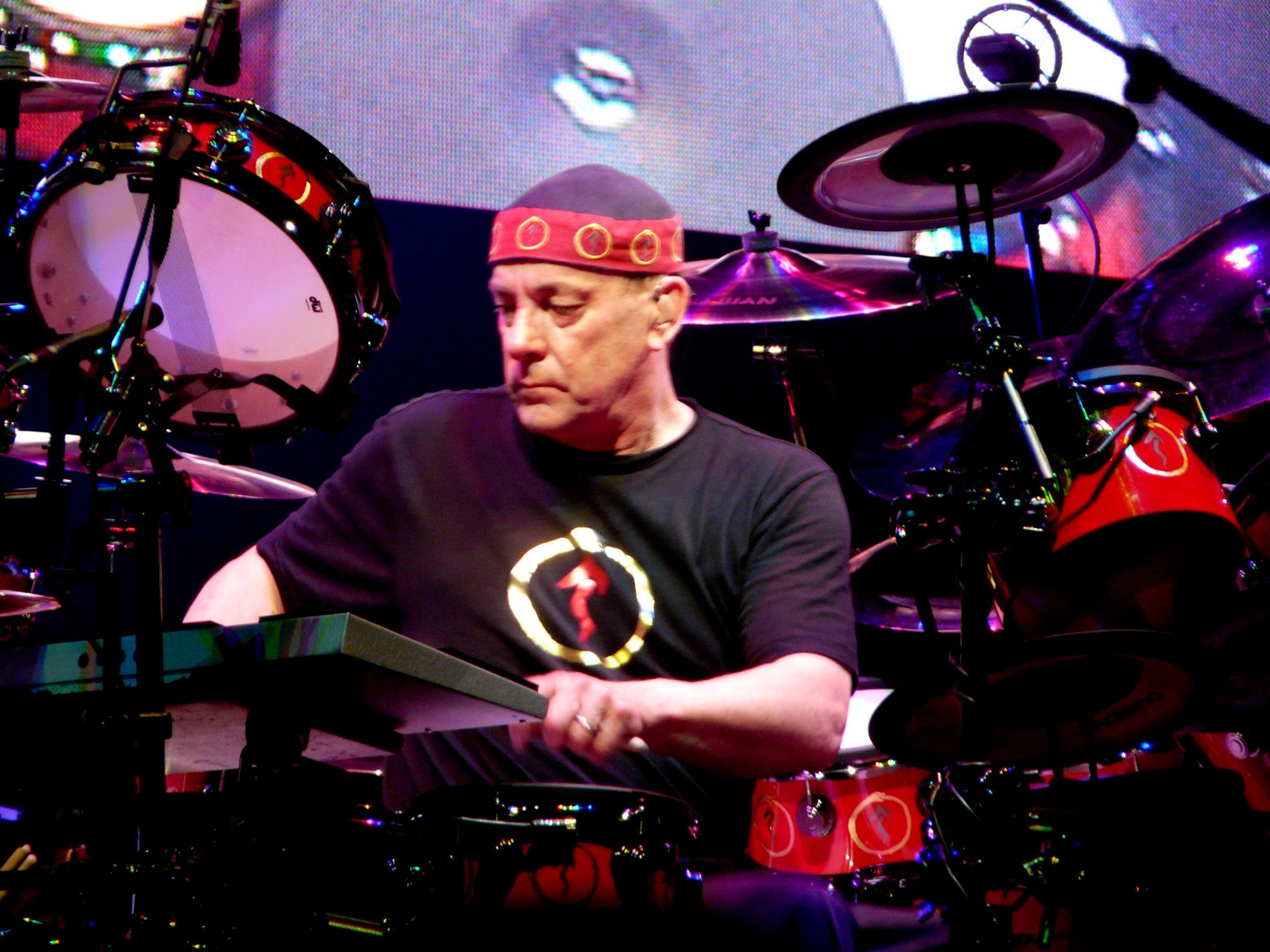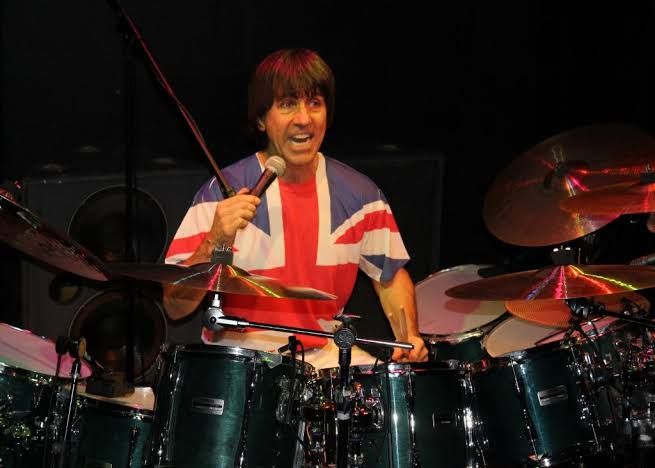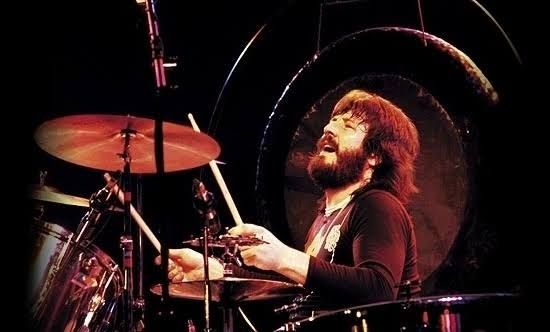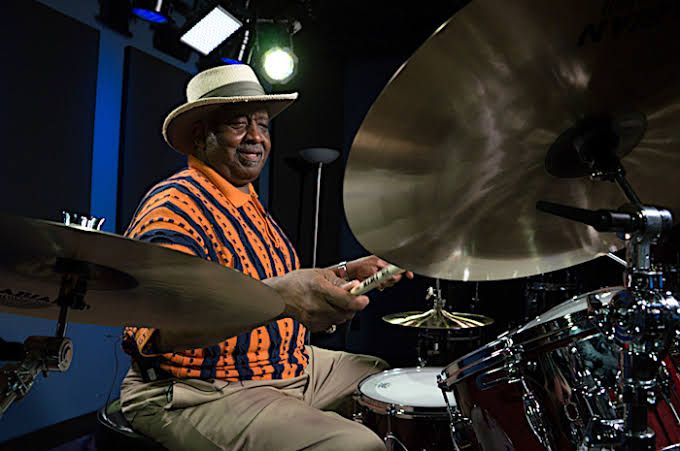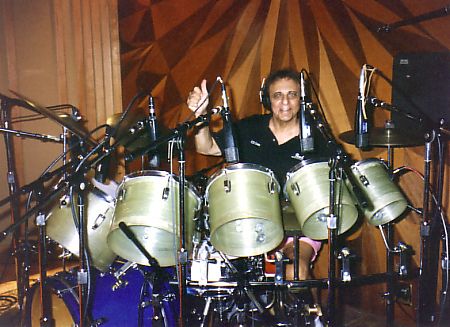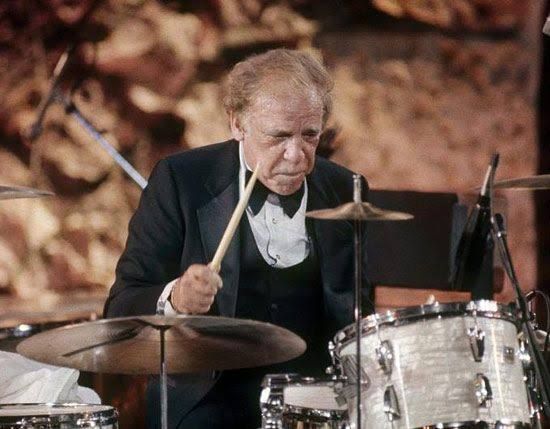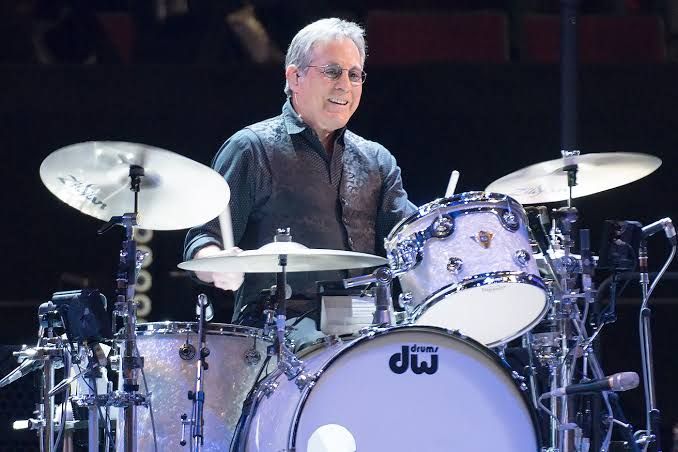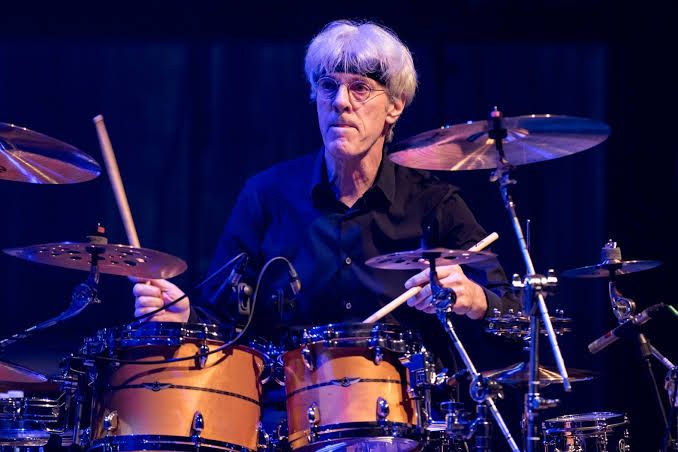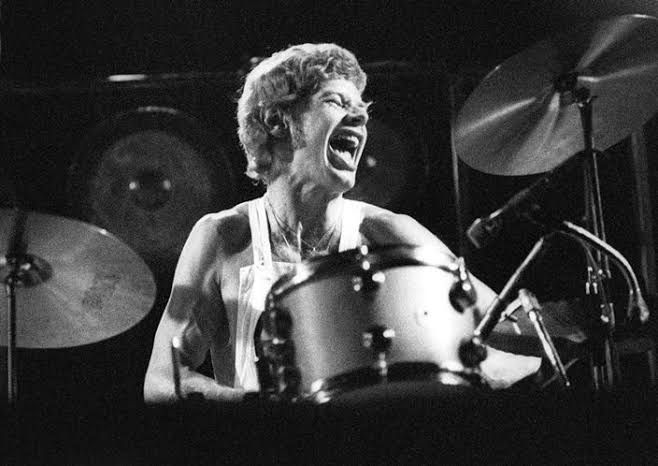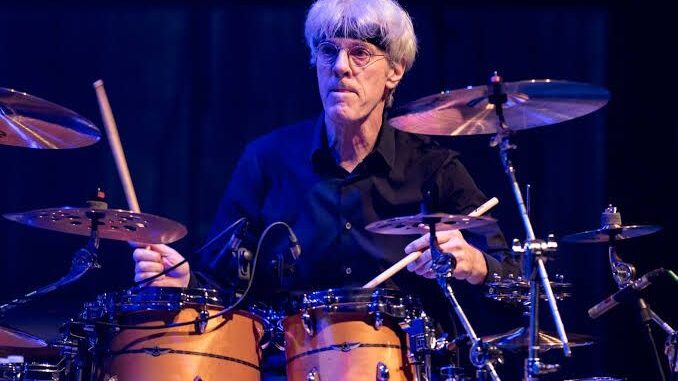
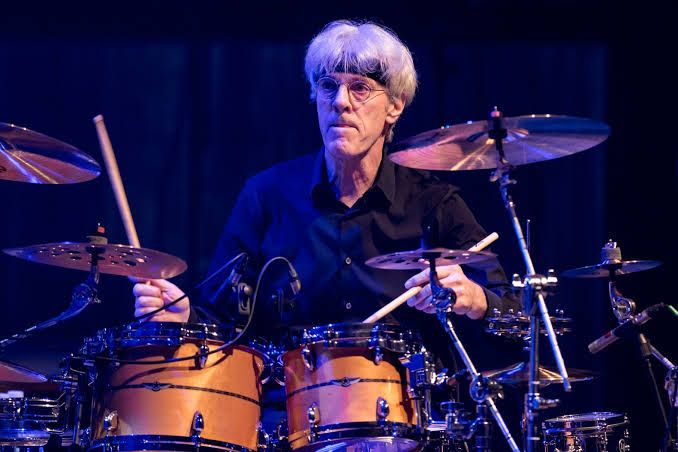

The drummer is a band’s lifeblood and the foundation of music, which is a language understood by all. The unsung heroes of some of the most well-known tunes in music history are drummers. They provide the band its foundation, drive its energy, and establish the beat. In order to fulfill our own drumming potential, we look up to some of the greatest drummers of all time for guidance and inspiration. There have been outstanding drummers throughout the years that have made a significant impact on the music industry. These drummers, who range from renowned rock stars to virtuoso jazz luminaries, have influenced many musicians, created new genres, and expanded the possibilities for drumming performance.
A superb band’s drummer is its beating heart. They set the beat, define the rhythm, and propel the music ahead with their talent and prowess. Many great drummers from a variety of genres have blessed us throughout the years, and some of them have permanently altered the path of music history.
Top 10 Best Drummers In The World (2024 Update)
1. Ginger Baker
Ginger Baker is well recognized for being Eric Clapton’s amazing drummer for Blind Faith and Cream. He was among the first drummers to record extended drum solos and employ two kick drums. He was more of a bebop and jazz drummer than a rock drummer because of his usage of matched grip, syncopation, African rhythms, and ride cymbals. Baker’s skill is acknowledged by all the greats; Neil Peart even said that Baker raised the standard for what rock drumming could be. People have characterized his playing and performance as innovative, flamboyant, and primal. Despite not being a member of the genre and really having a strong dislike for it, he is regarded as a trailblazer in heavy metal drumming.
2. Neil Peart
Rush chose Neil Peart as their drummer during an audition because they thought he looked like Keith Moon of the Who. Neil Peart is renowned for being an amazing drummer. In the end, except from his aggressive approach, he was nothing like Moon. While Moon lacked precision in his timing, Peart is arguably the most methodical and proficient musician of all time. Before he passed away, I had the opportunity of witnessing him perform live with his incredibly large drum kit. It had digital samplers and much more, and it encircled him in a 360-degree circle. During a solo, he performed all the parts of a complete band by himself.
3. Keith Moon
The Who’s drummer, Keith Moon, is renowned for being one of the first to include double bass drums into his drum set. He had a strange way of fitting drum fills in songs at odd times, highlighting cymbals and tom-toms and generally sounding more like an orchestrator than a drummer. He had a reputation for imitating legendary performers like Hal Blaine and Gene Krupa, albeit with far more erratic timing. Even under duress, he would not play a drum solo live on stage since he detested them. He would almost always destroy his drum kit after a performance. He would also demolish the plumbing in the building and whole hotel rooms. Despite his early death due to his destructive behavior, he made a lasting impression as one of the greatest drummers of all time.
4. John Bonham
When most people who enjoy mainstream music talk about drumming, they immediately think of him. And given the success of Led Zeppelin, that is not surprising. “Bongo” had a natural sense of rhythm that came through in his love of quick kick drumming, powerful punches, and speed. It’s even more astounding when you consider that he was primarily self-taught and idolized legendary musicians like Max Roach and Buddy Rich. He only received his first kit at the age of 15, which is actually rather late for a musician with his level of talent. You’ll hear the influence of Bonham the next time you listen to contemporary drummers like Dave Grohl, Dave Lombardo, and Chad Smith—all of whom enjoy striking their skins. Despite his mastery of aggressive rock drumming, he eventually started incorporating Latin and funk genres into his compositions.
5. Bernard Purdie
In the past, Bernard Purdie—also known as “Mississippi Bigfoot”—was the most sought-after drummer in the business. Talking about the people he hasn’t played with is easier than enumerating them. Even with intricate drum patterns, he performed with such precision that Steely Dan summoned him in. They really are quite particular about everything. He climbed directly to the top thanks to his accurate timekeeping, his usage of triplets and half-time (also known as The Purdie Shuffle), and his professionalism. He is distinctive and very entertaining because to his syncopated ghost notes and blending of genres such as swing, blues, and funk.
6. Hal Blaine
With over 35,000 sessions and 6,000 singles recorded, Hal Blaine is, as far as we can determine, the most recorded studio drummer in history. He has contributed to 150 US top 10 hits including 40 #1 hits. He must have a whole wing of his house devoted to the accolades he has won, and he has shared the stage with some of the greatest musical artists of all time. One aspect of his legacy is that he popularized the disco beat in recorded music. He performed on every Grammy winner for Record of the Year from 1966 and 1971. As computers and drum machines gained popularity, he did less session work but kept making records for TV, movies, and jingles.
7. Buddy Rich
Jazz drummer and bandleader Buddy Rich was renowned for his force and quickness without compromising his technique. He was a self-taught young prodigy who began playing drums on Broadway and in vaudeville acts at the age of 4. In his teens, he started touring internationally with bands, and by the time he was fifteen, he was the second-highest paid child performer of the 1930s! He continued to be dedicated to the art, performing on TV frequently and serving as a studio musician for Ella Fitzgerald and Louis Armstrong even after huge bands lost their appeal. He used a standard grip when playing, but when playing the floor toms, he would switch to a matched grip. One of his stick tricks was to do cross-stickings. He used to play almost entirely with brushes at one point.
8. Max Weinberg
Renowned for his unwavering consistency, Max Weinberg has played with Bruce Springsteen on numerous occasions and led the Max Weinberg 7 on Conan O’Brien’s late-night shows from 1993 until 2010. Of course, he is in the Rock & Roll Hall of Fame. He plays a jump blues style fueled by the drums for his band. As opposed to being a guitarist or vocalist, you know that being a skilled drummer is a requirement for leading a band. He cites Ringo Starr, Gene Krupa, and Buddy Rich as influences. We can all benefit from Weinberg’s motto of “show up every time and do a good job.”
9. Stewart Copeland
In the late 1970s and early 1980s, Stewart Copeland rose to recognition as a member of the band The Police. The group’s ability to blend punk, rock, and reggae elements made them stand out; this was made possible in large part by Copeland’s distinctive drumming style. It is accurate, upbeat, and inventive; inventive not just in its syncopation and polyrhythms but also in the way it went electronic during a period when rock bands generally looked down on the developing technology. Copeland has a significant influence as a result. Apart from his collaboration with the Police, Copeland has written music for television shows and movies, such as Wall Street and Rumble Fish.
10. Bill Bruford
Master percussionist and drummer Bill Bruford rose to prominence with the progressive rock group Yes. With King Crimson and as Genesis’ live drummer, he carried on his incredible career ascent. He continued to play in numerous more bands, and the Rock & Roll Hall of Fame recognized his body of work. He’s influenced some of the world’s best drummers, including Mike Portnoy and Danny Carey. His early technical skill along with rock energy and jazz intelligence brought him enough popularity to let him to continue developing into what he refers to as a “polymetric funk savant.”
